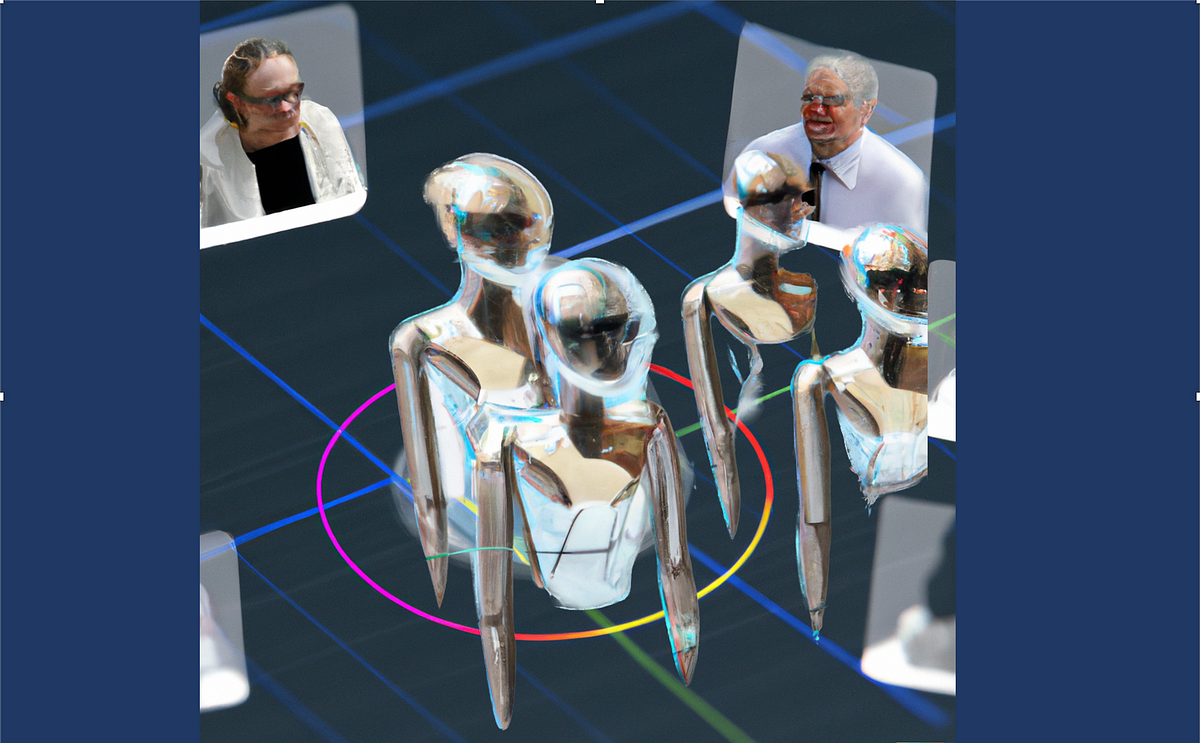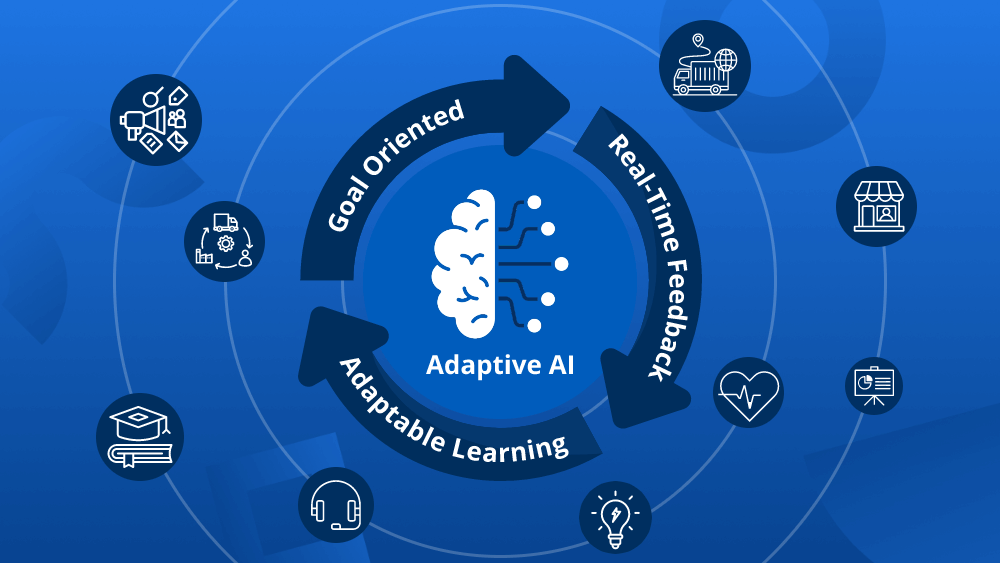Language models (LMs), such as GPT-4, are at the forefront of natural language processing, offering capabilities that range from crafting complex prose to solving intricate computational problems. Despite their advanced functionalities, these models need fixing, sometimes yielding inaccurate or conflicting outputs. The challenge lies in enhancing their precision and versatility, particularly in complex, multi-faceted tasks.
A key issue with current language models is their occasional inaccuracy and limitation in handling diverse and complex tasks. While these models excel in many areas, their efficacy could improve when confronted with tasks that demand nuanced understanding or specialized knowledge beyond their general capabilities.
Traditionally, the enhancement of language models has relied on various scaffolding techniques. These methods typically necessitate specific, task-oriented instructions and often need to be revised for tasks requiring dynamic and heuristic approaches or iterative problem-solving. Closing this gap is key to advancing AI and language processing. With it, systems can communicate with humans. We must find solutions to unlock their full potential.
Enter the concept of ‘meta-prompting,’ a groundbreaking technique developed by researchers from Stanford University and OpenAI that elevates the functionality of language models like GPT-4. This approach involves the LM as a multi-dimensional entity that dissects complex tasks into smaller, manageable components. Each component is then delegated to specialized ‘expert’ models within the same overarching LM framework. These experts, guided by detailed and specific instructions, work in concert to address different facets of the task.
Meta-prompting transforms a single LM into a conductor orchestrating a symphony of expert models. It harnesses these models’ specialized knowledge, allowing them to tackle the task at hand collectively. This method enables the LM to maintain a coherent line of reasoning and approach while tapping into a diverse array of expert roles, thereby producing more accurate, reliable, and consistent responses.
Meta-prompting’s performance, particularly when augmented with a Python interpreter, marks a significant advancement in the field. This technique has been shown to outperform standard prompting methods across various tasks, demonstrating its superior flexibility and effectiveness. Integrating a Python interpreter further broadens the applicability of meta-prompting, enabling the LM to handle a wider range of tasks more efficiently.
Through rigorous experimentation with GPT-4, the research team demonstrated the superiority of meta-prompting over traditional scaffolding methods. The empirical results revealed notable improvements in task accuracy and robustness, illustrating the method’s potential for broad application beyond purely computational problems. Meta-prompting’s ability to adapt to different tasks while maintaining high levels of accuracy and coherence makes it a promising direction for future developments in language processing technology.
The research presents meta-prompting as a significant enhancement to language models’ functionality. It effectively addresses complex tasks by intelligently distributing them among specialized experts within the same model. This innovative approach augments the model’s problem-solving capabilities and opens up new possibilities for advancements in artificial intelligence and natural language processing.
Check out the Paper. All credit for this research goes to the researchers of this project. Also, don’t forget to follow us on Twitter. Join our 36k+ ML SubReddit, 41k+ Facebook Community, Discord Channel, and LinkedIn Group.
If you like our work, you will love our newsletter..
Don’t Forget to join our Telegram Channel
Muhammad Athar Ganaie, a consulting intern at MarktechPost, is a proponet of Efficient Deep Learning, with a focus on Sparse Training. Pursuing an M.Sc. in Electrical Engineering, specializing in Software Engineering, he blends advanced technical knowledge with practical applications. His current endeavor is his thesis on “Improving Efficiency in Deep Reinforcement Learning,” showcasing his commitment to enhancing AI’s capabilities. Athar’s work stands at the intersection “Sparse Training in DNN’s” and “Deep Reinforcemnt Learning”.


